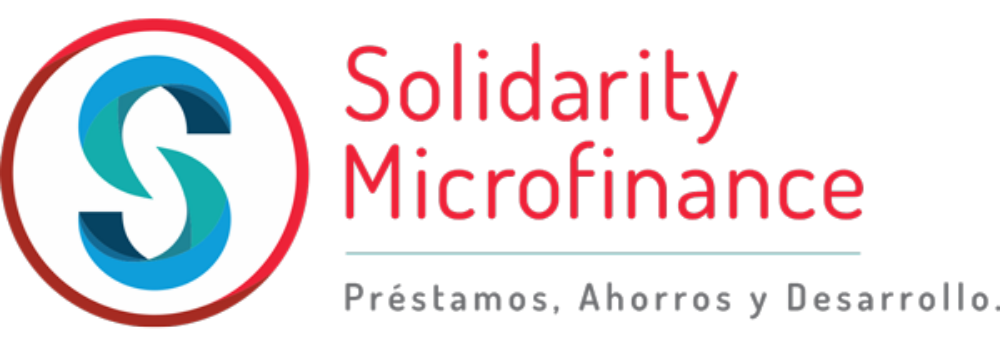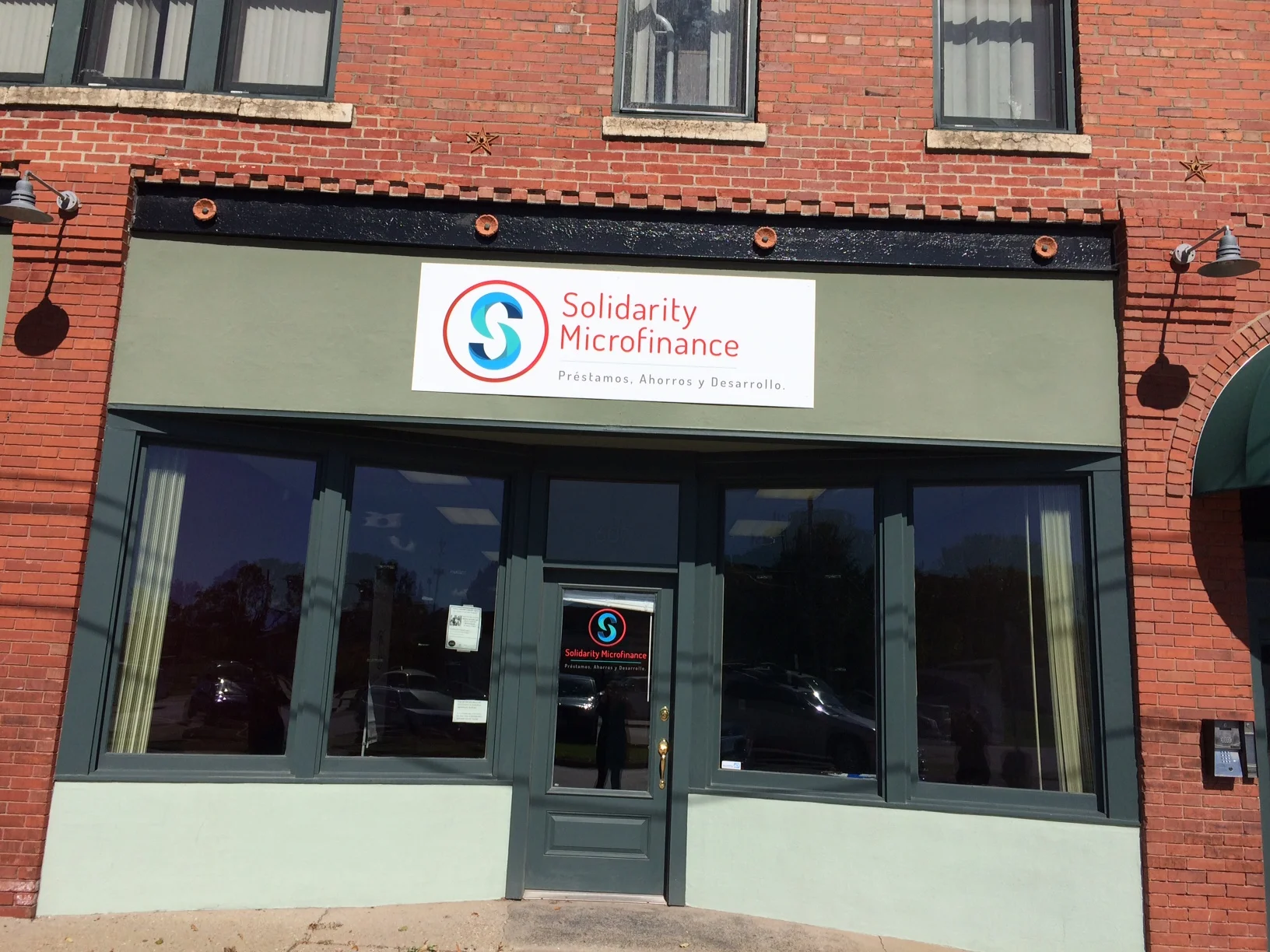Elena Rodriguez is co-owner of BellaLife DM, a health and fitness company focused on helping Latina women improve their health through dance aerobic programs, dietary supplements, and motivational classes. Elena launched her business in 2012 with the help of her sister Patricia. As one of the first members of the Solidarity program, we wanted to sit down with Elena to learn about her journey as an entrepreneur and the lessons she’s learned along the way.
Q. What motivated you to start your own business?
A. I want to progress and create a better life for me and my family. I am motivated by the desire to be independent. I do not want to depend on a job or an employer. I prefer to be my own boss and be self-employed.
Q. You teach dance aerobic classes and sell dietary supplements, why is it important for men and women to exercise and take care of their health?
A. Exercise is great for your health. If you do not take care of your health this will affect other areas of your life. For example, if you are not healthy you cannot do your job well or take care of your family.
Q. How do you motivate women to exercise and get healthy?
A. I do this by creating awareness about the importance of health. If you do not create the time to exercise or prepare healthy meals, you will never have the time. Why wait until you are sick to begin your path to better health? I also focus on the internal benefits of exercise more than focusing on physical appearance. I make sure to tell my clients that by exercising or eating healthy they will have to make difficult decisions but it will be worth it.
Q. Are women allowed to bring their kids to the classes?
A. They can bring their kids but we do not encourage it. We encourage women to dedicate this time to themselves, to remove themselves from the demands of daily life. Away from the kids and the issues at home. As women, we have so many responsibilities but we need to make sure to dedicate time to take care of ourselves otherwise we cannot serve our loved ones.
Q. As an entrepreneur, what lessons have you learned? How have you changed as a person?
A. I have learned a lot. First of all, I learned that it is not easy to run a business. Sometimes you don’t generate enough income to pay yourself a salary. Also, you have to spend a lot of hours away from your family.
But I am constantly learning new ways to improve my business and market my business. I am very happy to be self-employed. Many clients have thanked me for the classes I provide. Many have been able to lose weight and adopt healthier lifestyle habits.
On a personal level, my family has adopted healthier habits. They like to exercise now. As an individual, I have learned to work with people and treat each client in a way that makes them feel special and valued.
Q. What challenges have you faced as an entrepreneur?
A. Aside from those I already mentioned, a major challenge we face is keeping our clients. Some people sign up for classes and do not attend or some will participate for one month and then decide not to come back.
Q. Do you have any ideas on how to overcome this challenge?
A. I think we need to focus on customer loyalty. We invest a lot of time and energy into finding new clients but we really need to focus on those we already have and make sure we are providing them with the best experience possible.
Working with women is not easy. At times they will gossip or criticize each other but we have learned to deal with these issues. I think the key is to treat people well.
Q. Do you have plans to expand your business?
A. Yes. I keep files with the information of all of my past clients. I want to call them and remind them we are here to help them improve their health. I plan to ask existing clients to recruit friends and family to join the classes. Also, we will look into providing discounts and promotional offers for our services.
Q. How many clients do you have?
A. We have 15 clients.
Q. Congratulations!
A. Thank you! It is not easy to find clients in the winter time but as I mentioned we will be focusing on developing our existing clients and finding clients through referrals.
Q. Has the Solidarity Microfinance program helped you?
A. Yes, Solidarity is a new program and I like it. The first loan helped me purchase equipment for my fitness studio so I can teach my dance aerobic classes. I like the weekly [group] meetings. The hour goes by very fast but we learn a lot from each other especially because some women have more experience in business than others.
Original interview in Spanish. Interview conducted and translated by Ana Mancebo, Program Coordinator at Solidarity Microfinance.


